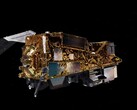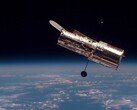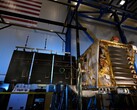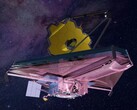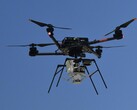Two NASA satellite missions - OCO-2 and OCO-3 - may soon be terminated, not due to technical failure, but because of federal budget decisions. Both missions are part of the Orbiting Carbon Observatory program, and were built to track carbon dioxide in Earth’s atmosphere. They’ve also provided unexpected data regarding plant growth through global photosynthesis data. These satellites are used widely across sectors - ranging from researchers to the Department of Agriculture - for tracking greenhouse gases and crop health.
As per NPR, maintaining both satellites costs about $15 million annually. However, designing and launching them has already consumed over $750 million in public funds. A failed 2009 launch also added to the program’s cost.
Despite their scientific value, recent actions from the Trump administration are definitely concern-worthy. Internal NASA discussions have reportedly included "Phase F" plans, which outline how to terminate missions. One of the two satellites, a stand-alone unit in orbit, would burn up on reentry if it's decommissioned. Scientists say these missions are still providing us with critical climate data and should not be ended prematurely.
NASA has already called for private companies and universities to take over maintenance of the OCO-3 unit aboard the International Space Station. However, according to the word of experts - while the private sector is playing a growing role in Earth observations, many of these efforts still rely on foundational public investments.
Congress has funded the missions through September 2025, but the long-term outlook is bleak, to say the least. A review by NASA in 2023 recommended continuing the missions for at least three more years. Yet, the Trump administration’s proposed FY2026 budget includes major cuts, which is prompting accusations of overreach by officials like Russ Vought at the OMB.
Since there is no formal explanation from the administration (yet), we'll have to wait for one to find out why missions which are still returning valuable climate data might be dismantled at all.













